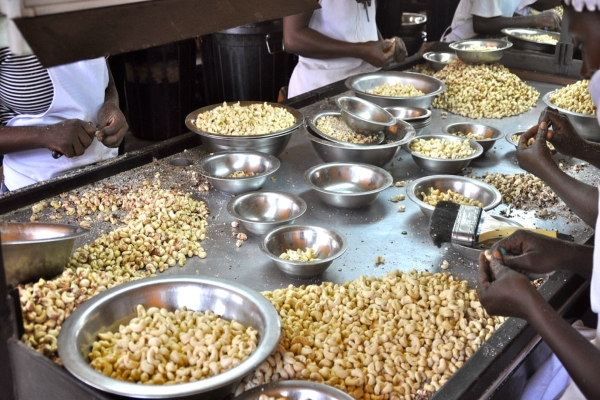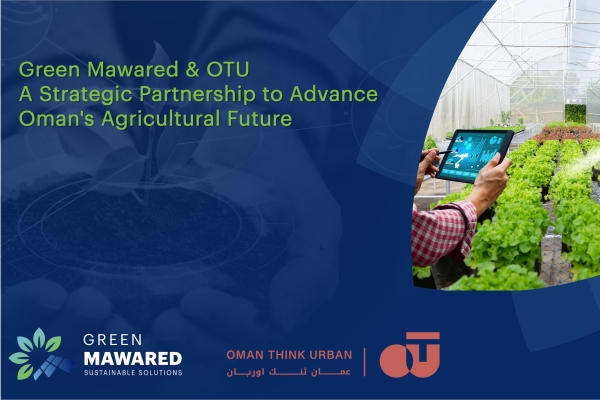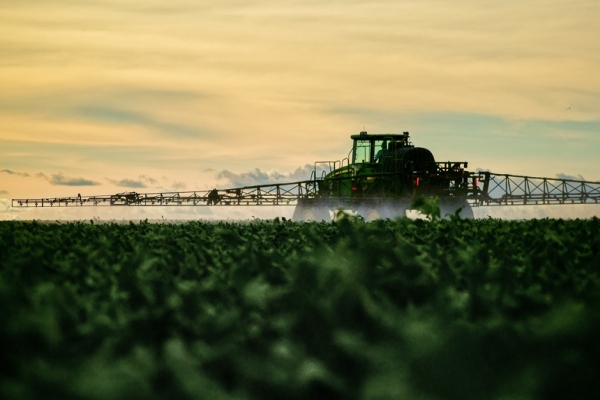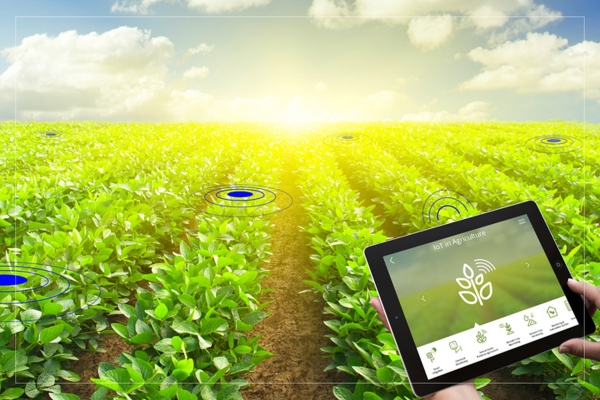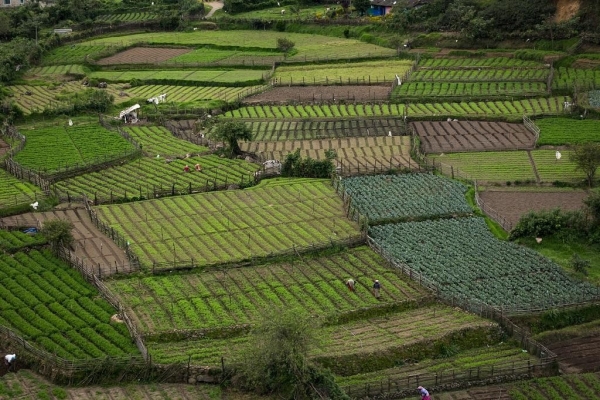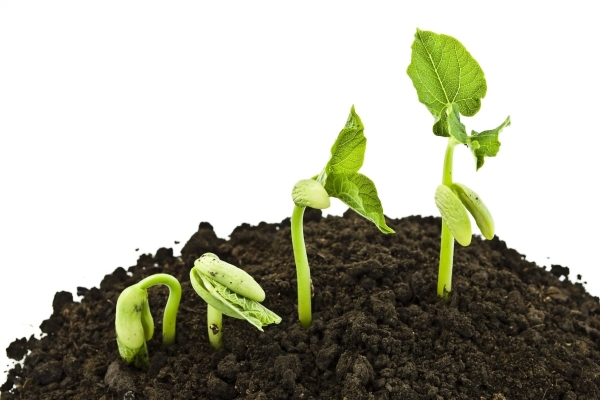Leveraging Mobile Technology for Agricultural Information and Education
- January 4, 2025
- 1 minute
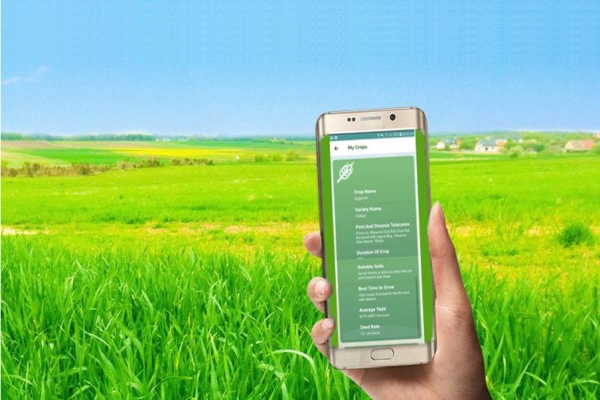
In developing countries , agriculture is the lifeblood of the economy, with the majority of the population relying on farming for their livelihoods. However, farmers often face challenges such as limited access to information on modern farming techniques, unpredictable weather patterns, and market fluctuations. Mobile technology offers a powerful solution to bridge these gaps, empowering farmers with the knowledge they need to improve yields and enhance food security.
Connecting Remote Farmers with Real-Time Data
The widespread use of mobile phones, even in the most remote areas, has opened new avenues for disseminating crucial agricultural information. Through mobile-based platforms and SMS services, farmers can receive real-time updates on weather forecasts, which helps them plan planting and harvesting activities more effectively. Information on pest and disease outbreaks allows for timely interventions, reducing crop losses and improving overall productivity.
Educational content on best farming practices can be delivered directly to farmers’ phones, providing guidance on seed selection, soil management, and sustainable farming methods. Mobile applications tailored for low-bandwidth environments ensure that even farmers without access to the internet can benefit from these resources. By equipping farmers with timely and relevant information, mobile technology enhances decision-making and boosts agricultural output.

Building Market Access and Community Support
Mobile technology not only provides access to information but also connects farmers to markets. Farmers can use their phones to find out current market prices, negotiate better deals, and coordinate sales, ensuring they receive fair compensation for their produce. This connectivity reduces reliance on intermediaries who may exploit price discrepancies to their advantage.
Moreover, mobile platforms can facilitate community building among farmers. By sharing experiences and solutions through group messages or forums, farmers can learn from one another and collectively address common challenges. This sense of community strengthens the agricultural sector as a whole and fosters collaborative approaches to problem-solving.
In Uganda, the Community Knowledge Worker initiative equips local farmers with smartphones loaded with agricultural information. These farmers then become knowledge hubs for their communities, sharing vital information and advice with their neighbors. This peer-to-peer learning model, powered by mobile technology, has proven highly effective in spreading best practices and new techniques.
Overcoming Challenges and Moving Forward
While the potential of mobile technology is significant, challenges remain. Issues such as limited network coverage, low literacy rates, lack of electrical power, and high costs of devices and services can hinder adoption. To address these obstacles, partnerships between governments, NGOs, and private enterprises are essential. Initiatives to expand network infrastructure, provide affordable mobile devices, and offer training on using technology can greatly enhance the impact.
Besides, innovative solutions are emerging. Solar-powered charging stations are helping farmers keep their phones operational in areas without electricity. Meanwhile, voice-based services are making information accessible to farmers who can’t read or write.
Investing in mobile technology for agriculture holds promise for transforming the agricultural landscape in developing countries. By empowering farmers with information and connectivity, it is possible to improve productivity, enhance food security, and stimulate economic growth. Embracing these technologies paves the way for a more resilient and prosperous agricultural sector that can withstand challenges and support the well-being of communities across the country.
#DigitalAgriculture #Agriculture #AgricultureTechnology #MobileTechnologyFarming #AgricultureValueChain

